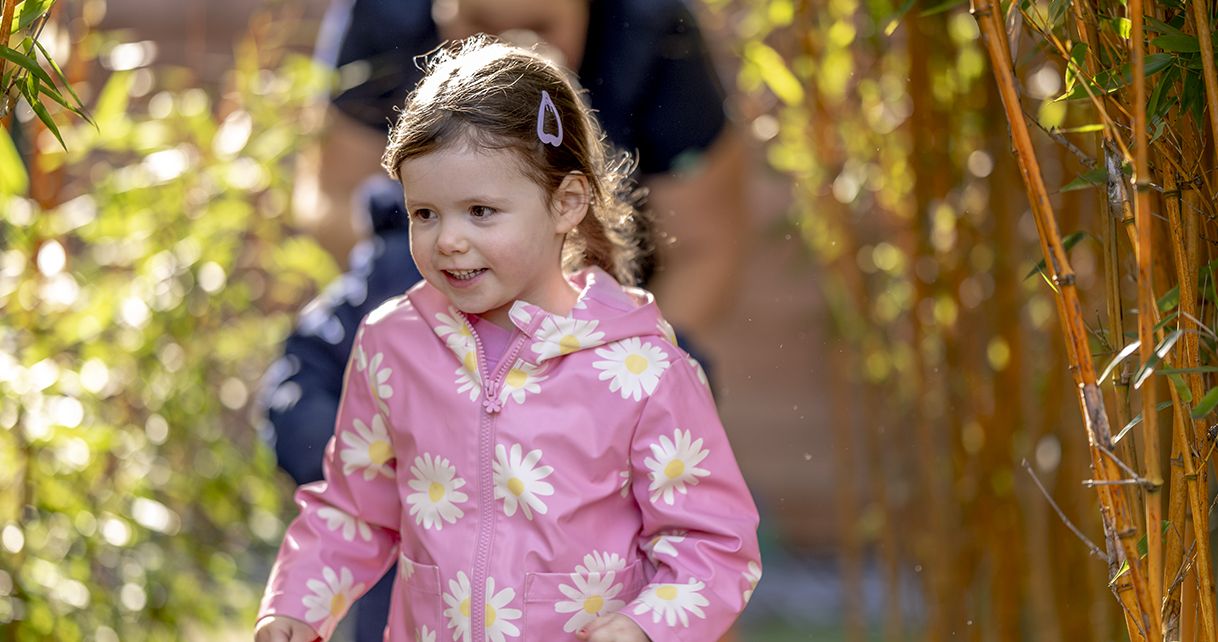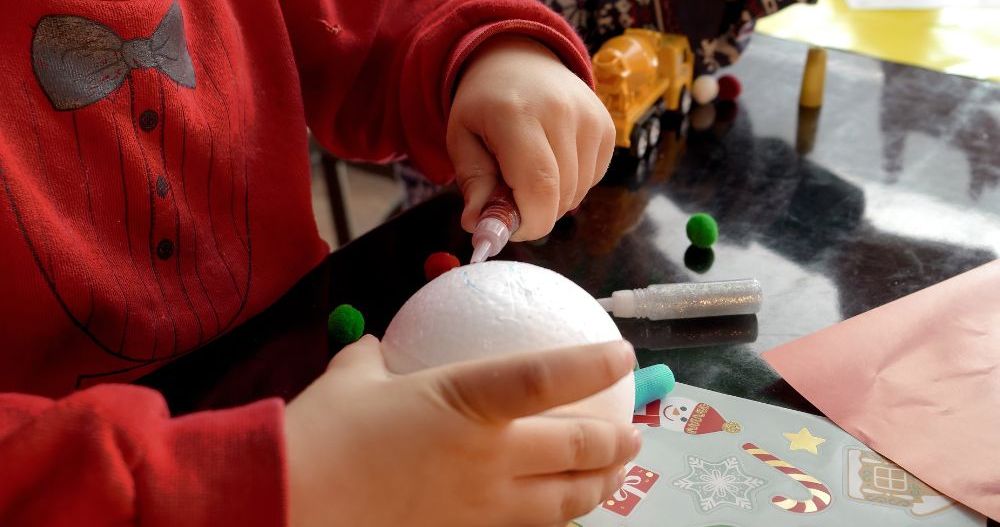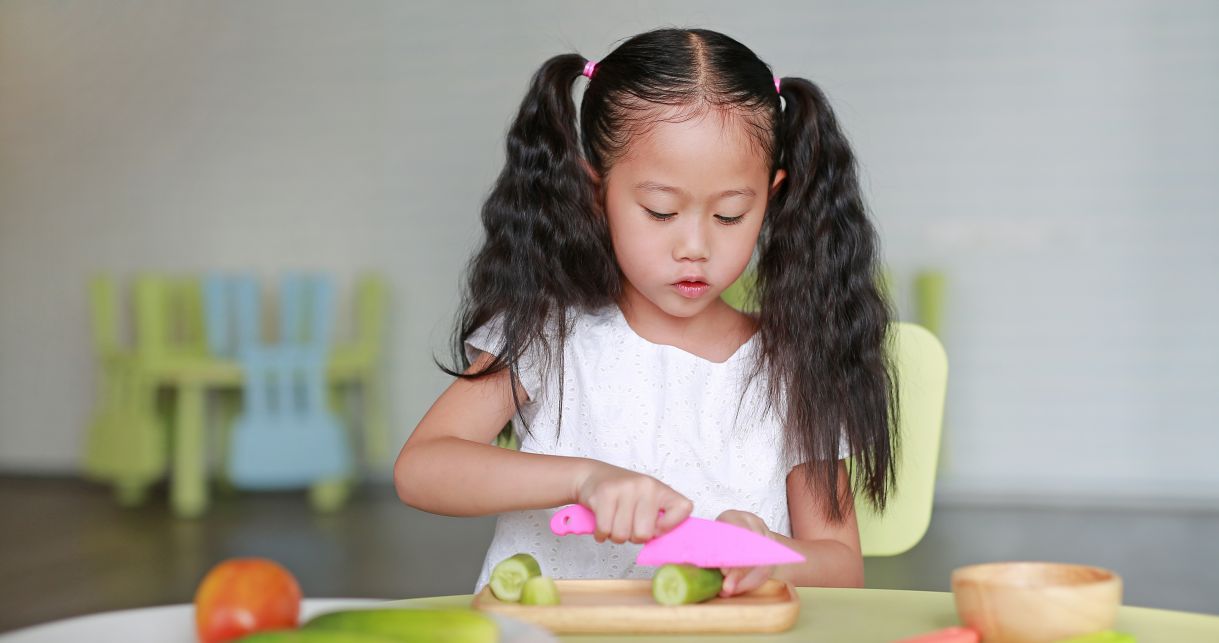6 min read
6 min read
6 min read
6 min read
Developing fine motor skills is a crucial step in your child’s journey, However, unlike reading, pattern recognition or basic numeracy, there’s no fixed way of developing your child’s fine motor skills.
With a little creativity, developing your child’s fine motor skills can take the form of fun activities you can do together—they won’t even realise they’re learning!
But what are fine motor skills, and what kind of fine motor skills activities can stimulate your child’s development?
Fine motor skills are the coordinated movement of muscles in the hands, wrists and fingers. They’re essential for a variety of daily tasks, including writing, drawing, using utensils, buttoning clothes, and more.
The major areas of fine motor skill development are hand eye coordination, finger dexterity, and grasping and holding. In most cases, these skills develop alongside one another, but its normal for some to develop before others.
There are several fine motor milestones, typically broken down by age. They are:
Divided into early months and later months, at the infancy stage, babies begin to grasp objects (usually toys, teethers or dummies) and experiment with transferring them from hand to hand.
As they grow, they’ll get more adventurous and put objects into containers, and generally explore their surroundings with their hands.
Here’s where it gets messy! As with everything they do, toddlers develop their fine motor skills by getting stuck in and exploring the world. Think building blocks, puzzles, and scribbling.
By the preschool stage, your child’s fine motor skills will have developed at a rapid rate, and they’ll continue to do so as they learn to cut with scissors, colour inside the lines, and button and unbutton their own clothes.
Once your child starts school, they’ll put their fine motor skills to the test with activities including writing, typing, and arts & crafts.

Supporting your child’s fine motor skill development is important, but that doesn’t mean it can’t be fun!
Whether it’s something as simple as sensory play or structured as arts and crafts, there are plenty of exciting and engaging activities to support your little one’s fine motor skill development.
Kids love sensory play! Whether they’re shaping playdough masterpieces or soaking their hands in water, the tactile sensations from sensory play are a kid’s delight.
But what they won’t realise is that sensory play is a fantastic way to develop their fine motor skills as it engages multiple senses at once, as well as strengthening hand muscles, improving hand-eye coordination, and promoting creativity.
Stuck for where to start? Try:
• Finger painting
• Sand play
• Water play
• ‘Messy play’ (slime, foods, etc.)
• Playdough
Aside from being a recipe for joy, sensory play helps develop fine motor skills including pincer grasp (picking things up between thumb and forefinger), finger dexterity, and spatial awareness.
Check out our blog to discover the other benefits of sensory play.

As your child progresses, they’ll develop an interest in manipulative toys—puzzles, building blocks, etc. Here you’ll see their creativity and problem-solving skills come to life, but you’ll also see their fine motor skills at play. Literally.
As the name suggests, manipulative toys are meant to be handled, which is good news for developing hand-eye coordination, strengthening hand muscles, and promoting spatial awareness. What’s more, they require your child to use their hands and fingers in new ways.
But it doesn’t need to be complicated, in this case easier is better. A few classic activities for developing fine motor skills using manipulative toys are:
• Building blocks
• Puzzles
• Stacking toys
• Peg boards
• Bead threading
By engaging with these types of toys, your child will also sharpen their finger dexterity, which, simply put, is the ability to use their fingers independently and with precision.

Is there anything more satisfying than spending a crafty afternoon with your child?
Whether it’s channelling their inner artist with some sketching or getting mindful with some colouring, arts and crafts are fantastic activities for developing their fine motor skills. (Not to mention honing their creative eye!)
And there’s no one-size-fits-all approach to arts and crafts, the only limit is your imagination. And maybe the space on your fridge door. Some go-to examples include:
• Drawing
• Colouring
• Painting
• Clay modelling
• Paper crafts
For the best engagement, choose an activity that captures your child’s imagination—they might prefer colouring over modelling, so spend a little time trying out a few activities to see which they enjoy the most.
Whatever you choose, you’ll be honing such fine motor skills as hand-eye coordination, pincer grasp, and finger dexterity.
Time to clear some space on the fridge door! Once your child gets a taste for arts and crafts, your home will become a gallery of their doodles.

As your child enters the preschool and school age stages, they’ll be exposed to an even wider variety of activities that’ll sharpen their fine motor skills such as tying shoelaces, handling utensils and buttoning and unbuttoning clothing.
Not activities, per se, but by encouraging your child to try these things for themself, you’ll do wonders for their fine motor skills.
Going for an autumn stroll? Get them to try zipping up their coat. Staying home? Break out the baking equipment and let them handle the utensils as you whip up some deliciousness.
Offer them help if they get stuck, but always encourage them to try as by doing so they’ll develop finger dexterity, hand-eye coordination, and more.

Playing musical instruments (however basic) is an excellent and entertaining way of developing fine motor skills.
You don’t have to invest in a grand piano. In fact, simpler percussion instruments such as xylophones, glockenspiels, and tambourines are an ideal entry-point to the magic of music.
That said, as your child develops an interest in music, you might nudge them towards keyboards and recorders as both are easily accessible and suited to beginners.
What’s more, as they navigate the keys, beaters and pipes, they’ll be honing fine motor skills such as hand-eye coordination, finger dexterity, and muscle strength as playing musical instruments requires coordinated hand movements and precise finger movements.

And there you have it. A selection of engaging activities for developing your child’s fine motor skills. No matter which you choose, your child will be developing skills including hand-eye coordination, grasping and holding, finger dexterity, and muscle strength.
And they’ll do it whilst having the time of their (little) lives. What’s not to love?
For more ways to stealthily support your child’s development, check out our blog which features tips and hacks from potty training to creative activities.
by Busy Bees
Published: 29/11/2024
Share Blog

by Busy Bees 26/01/2026
10 min read

by Busy Bees 01/12/2025
5 min read

by Busy Bees 01/12/2025
5 min read

by Busy Bees 27/11/2025
6 min read

by Busy Bees 25/11/2025
7 min read